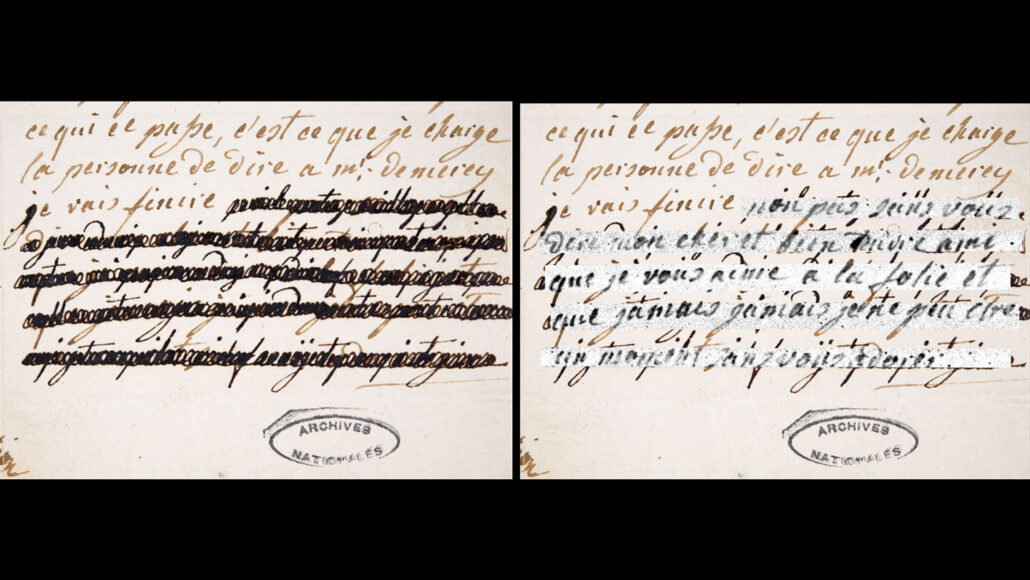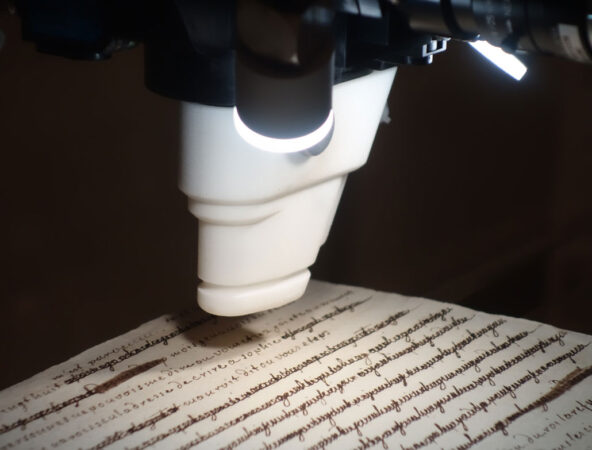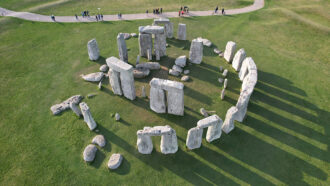atom: The basic unit of a chemical element. Atoms are made up of a dense nucleus that contains positively charged protons and uncharged neutrons. The nucleus is orbited by a cloud of negatively charged electrons.
chemical: A substance formed from two or more atoms that unite (bond) in a fixed proportion and structure. For example, water is a chemical made when two hydrogen atoms bond to one oxygen atom. Its chemical formula is H2O. Chemical also can be an adjective to describe properties of materials that are the result of various reactions between different compounds.
chemistry: The field of science that deals with the composition, structure and properties of substances and how they interact. Scientists use this knowledge to study unfamiliar substances, to reproduce large quantities of useful substances or to design and create new and useful substances.
colleague: Someone who works with another; a co-worker or team member.
copper: A metallic chemical element in the same family as silver and gold. Because it is a good conductor of electricity, it is widely used in electronic devices.
element: A building block of some larger structure. (in chemistry) Each of more than one hundred substances for which the smallest unit of each is a single atom. Examples include hydrogen, oxygen, carbon, lithium and uranium.
fossil: Any preserved remains or traces of ancient life. There are many different types of fossils: The bones and other body parts of dinosaurs are called “body fossils.” Things like footprints are called “trace fossils.” Even specimens of dinosaur poop are fossils. The process of forming fossils is called fossilization.
iron: A metallic element that is common within minerals in Earth’s crust and in its hot core. This metal also is found in cosmic dust and in many meteorites.
political: (n. politics) An adjective that refers to the activities of people charged with governing towns, states, nations or other groups of people. It can involve deliberations over whether to create or change laws, the setting of policies for governed communities, and attempts to resolve conflicts between people or groups that want to change rules or taxes or the interpretation of laws. The people who take on these tasks as a job (profession) are known as politicians.
ratio: The relationship between two numbers or amounts. When written out, the numbers usually are separated by a colon, such as a 50:50. That would mean that for every 50 units of one thing (on the left) there would also be 50 units of another thing (represented by the number on the right).
sulfate: A family of chemical compounds that are related to sulfuric acid (H 2 SO 4 ). Sulfates occur naturally in drinking water.
X-ray: A type of radiation analogous to gamma rays, but having somewhat lower energy.
zinc: A metallic element that in its pure form is ductile (easily deformed) and that is an essential micronutrient in plants and animals.










